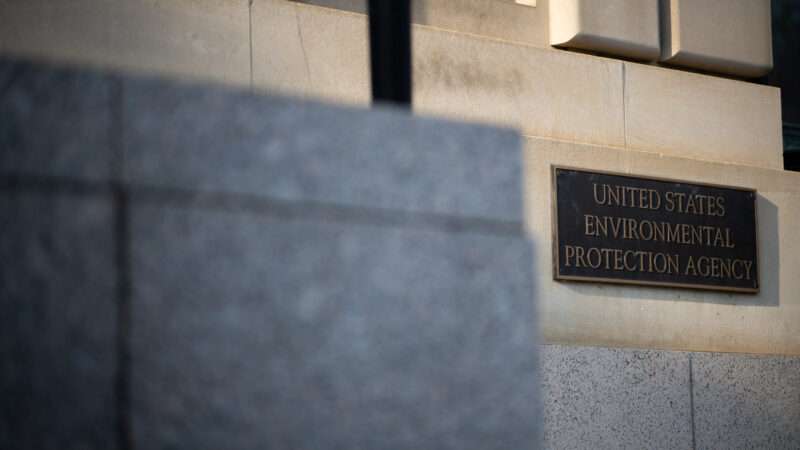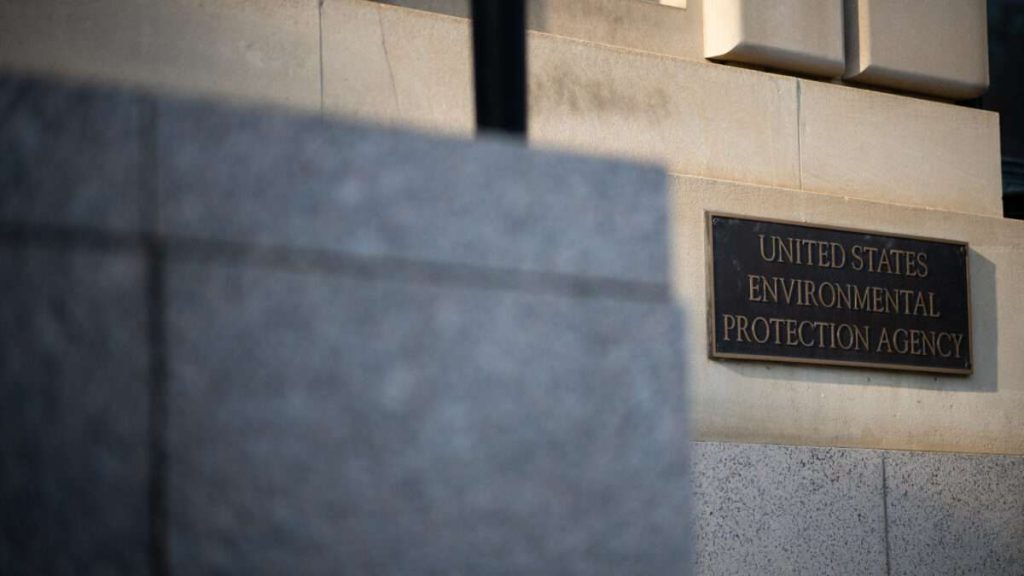
President Joe Biden signed the Building Chips in America Act into law on October 2, exempting firms receiving direct subsidies and loans under the CHIPS and Science Act from complying with the National Environmental Policy Act (NEPA). The government shielding CHIPS firms from environmental regulation is clear evidence of industrial policy picking winners and losers.
Passed in 1969, NEPA requires federal agencies to conduct environmental reviews for major federal actions. The law requires federal officials to consult with relevant agencies about the impact of all “major Federal actions significantly affecting the quality of the human environment” before submitting statements to the Environmental Protection Agency. Major federal actions include private projects “subject to substantial Federal control and responsibility.”
NEPA has dramatically increased the time and cost of major federal actions. In the case of roads, “the cost to build a mile of Interstate highway had tripled between the 1970s and today” and, “environmental reviews for 60% of federal highway projects took more than six years,” according to Robert W. Poole, director of transportation policy at the Reason Foundation, the nonprofit that publishes Reason.
The Building Chips in America Act exempts firms receiving CHIPS and Science Act funding from complying with NEPA. Specifically, the NEPA exemptions extend to those projects that have commenced “no later than December 31, 2024,” receive assistance in “the form of a loan,” or the direct subsidies do not comprise “more than 10 percent of the total estimated cost of the project.” The law also expands the list of categorical exclusions, which are actions that do not significantly impact the environment and do not require a NEPA review, to include projects undertaken by the National Network for Microelectronics Research and Development and the National Semiconductor Technology Center, both of which were established by the CHIPS Act, the Congressional Research Service explains.
The bill’s passage was praised by the Semiconductor Industry Association, a group whose members include all of those firms benefiting from the bill’s special regulatory carveouts: Intel, Micron, Samsung, and Taiwan Semiconductor Manufacturing Company. The association warned that compliance with NEPA would have “slowed or stopped projects already under construction,” per Reuters.
The Sierra Club argues that these delays are worth incurring. The environmental activist group condemned “Congress’ passage of the…Building Chips in America Act” in a press release urging President Biden to veto the bill. The club’s main concern pertains to the per- and polyfluoroalkyl substances (PFAS) used in semiconductor manufacturing.
Marc Scribner, senior policy analyst at the Reason Foundation, says that “environmental regulations on PFAS or anything else would still apply” to projects exempted from NEPA because it’s merely a process law. The Environmental Protection Agency already has rules substantively regulating PFAS: The agency added seven PFAS to the Toxics Release Inventory in January and “two widely used PFAS–PFOA and PFOS–as hazardous substances under the Comprehensive Environmental Response, Compensation, and Liability Act” in April.
NEPA is onerous and superfluous; it increases delays, inflates costs, and stunts innovation for all projects—not just those involving CHIPS-subsidized semiconductor firms. Instead of making exceptions for favored firms and distorting price signals even further, Congress should repeal NEPA in its entirety so that all firms presently subject to it are freed from the red tape of a permission-slip economy.
The post Exempting Favored Industries is the Wrong Way to Fix NEPA appeared first on Reason.com.





